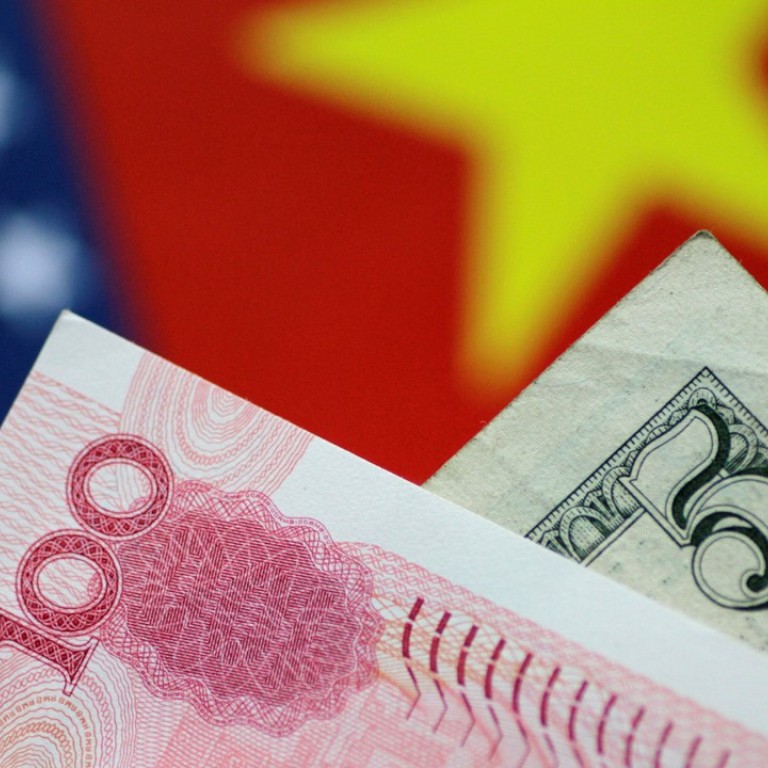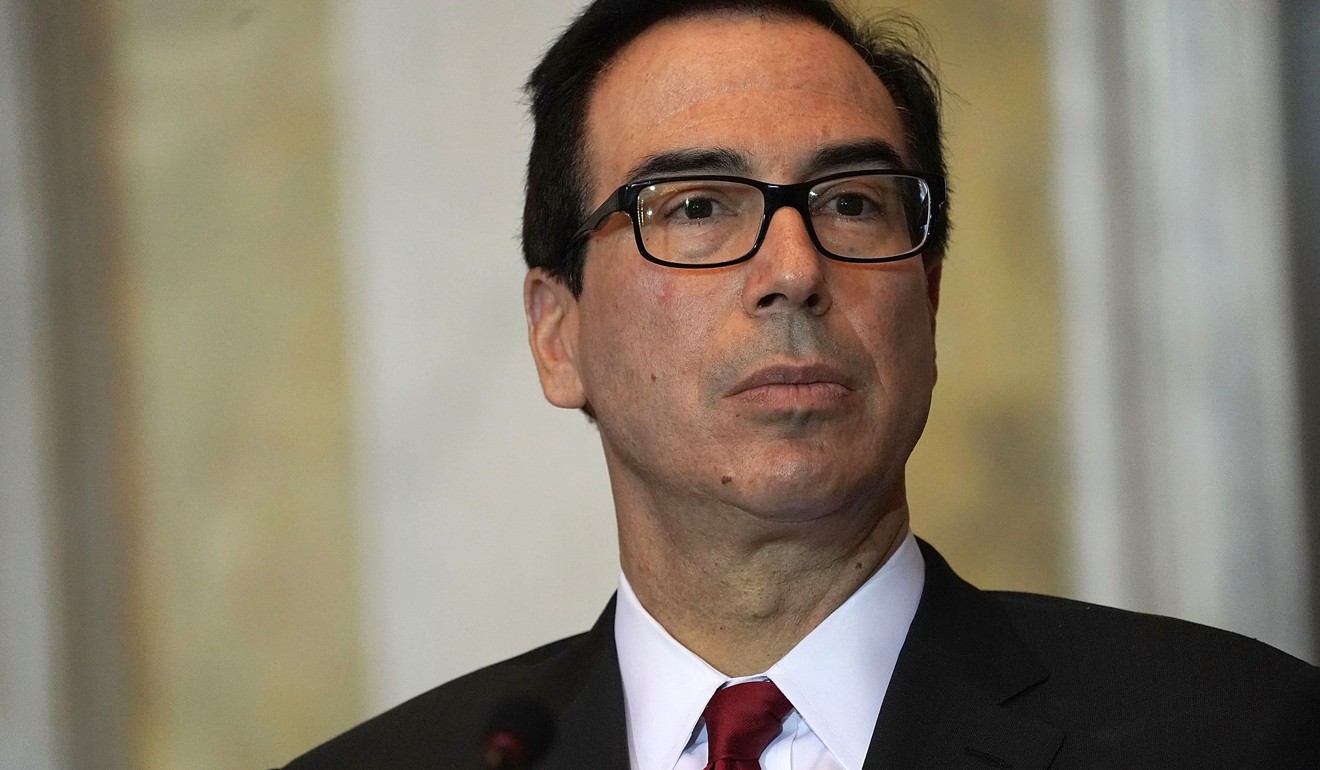
Treasury sends warning shot to China on currency
But Treasury Secretary Steven Mnuchin sent a warning about the lack of transparency and the relative weakness of China’s currency
This story is published in a content partnership with POLITICO. It was originally reported by Adam Behsudi on politico.com on October 17, 2018.
The Trump administration avoided a major escalation in its trade fight with China after the Treasury Department said in a report released Wednesday that Beijing was not intentionally devaluing its currency.
Still, Treasury Secretary Steven Mnuchin sent a warning about the lack of transparency and the relative weakness of China’s currency, the renminbi.
“Those pose major challenges to achieving fairer and more balanced trade, and we will continue to monitor and review China’s currency practices, including through ongoing discussions with the People’s Bank of China,” he said in a statement.

The report offers a bit of a reprieve in the ongoing trade war by concluding that China’s direct intervention by its central bank has been limited. The US has imposed tariffs on more than US$250 billion worth of Chinese imports.
Still, Treasury is critical of Beijing for not pursuing more market-based reforms that could bolster confidence in the renminbi.
The renminbi has depreciated significantly … There are various factors for that, which we look forward to discussing with [Beijing]
US President Donald Trump has accused China of purposefully devaluing its currency to give its exports a competitive advantage on the world market. The report warns that the recent depreciation of China’s currency will likely widen the economic giant's trade surplus with the US even more.
A lower currency value also softens the sting of US tariffs by making Chinese exports to the US cheaper. The Trump administration has imposed the tariffs to punish China for its intellectual property and technology transfer policies that it says is ripping off US companies.
China will remain on a list of countries the US monitors, along with Japan, South Korea, India, Germany and Switzerland.
The US has not labelled a country a currency manipulator in the report for more than 20 years. China was last given the designation from 1992 to 1994.
The last Treasury report in April 2018 made similar findings. China met one criteria for being listed — having a significant bilateral trade surplus.
Watch: US will ‘suffer more’ in trade war with China, Jack Ma says
But it did not have an account surplus in excess of 3 per cent GDP and evidence of a “persistent, one-sided” intervention in its currency market.
China allowed the value of the renminbi to slide to a 13-month low against the dollar at the end of July, but the currency has appreciated in value relative to the dollar since then.
We will consider adding [currency provisions] to future US trade agreements
The report also said that China’s currency value has fallen “notably” in recent months — by more than 7 per cent against the dollar since mid-June.
International Monetary Fund Managing Director Christine Lagarde said last week that the value of the renminbi “has a lot to to with the strength of the dollar” and did not raise alarm over China’s currency fluctuation.
“We are seeing more and more countries, including China, let their currencies fluctuate,” she said during a press conference at the IMF and World Bank annual meetings in Bali. “And that certainly has been the case for the last three years for China.”
Mnuchin has raised concerns about China’s currency practices and said the issue would be brought up in any broader trade talks.
“The renminbi has depreciated significantly during the year. There are various factors for that, which we look forward to discussing with them,” Mnuchin said in an interview with The Financial Times last week. “One of those factors has to do with their own economic issues and what has gone on in the Chinese economy.”
The Treasury report also highlighted new currency provisions in renegotiated trade deals with South Korea, Canada and Mexico. The currency rules in the new US-Mexico-Canada Agreement allow for disputes to be filed if a country does not meet requirements to be more transparent with it currency practices.
“We will consider adding similar concepts to future US trade agreements, as appropriate,” the report states.

